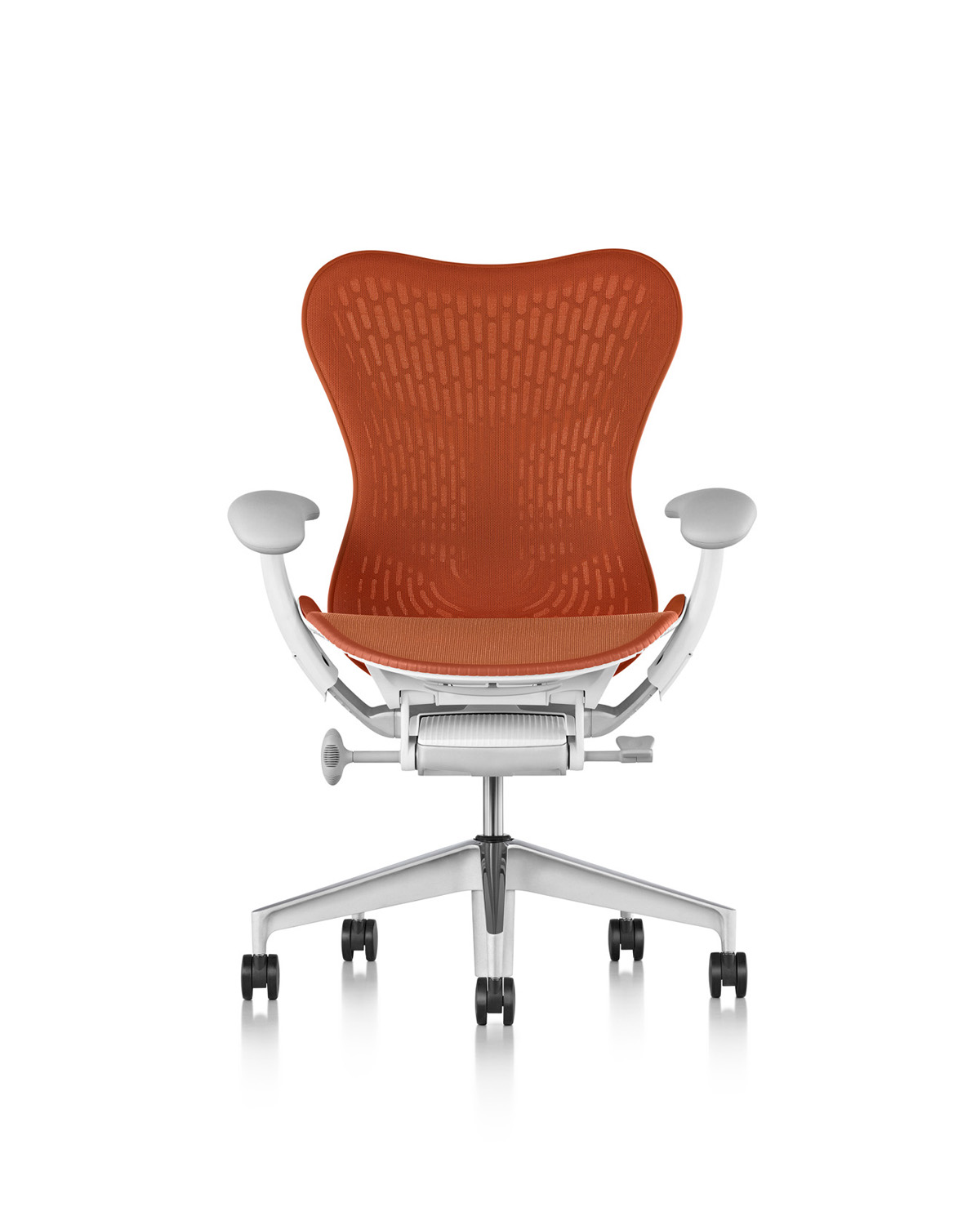Hospital furniture is an integral part of healthcare environments, contributing to patient comfort, medical functionality, and overall well-being. In order to ensure the highest standards of care and safety, hospital furniture must meet rigorous healthcare standards. These standards encompass a range of considerations, from infection control to patient accessibility. See over here to understand the role of Walter Knoll Dubai in furniture industry.
Preventing the spread of infections:
In healthcare settings, preventing the spread of infections is of paramount importance. Hospital furniture is designed with materials and finishes that are easy to clean and disinfect. Surfaces should be non-porous, minimizing the risk of harboring bacteria or pathogens. Antimicrobial properties in materials are often incorporated to further enhance infection control measures.
Durability and safety:
Hospital furniture is subjected to frequent use and rigorous cleaning protocols. Therefore, it must be durable and able to withstand the demands of a healthcare environment. Additionally, safety features such as rounded edges, anti-tip mechanisms, and sturdy construction are essential to prevent accidents and injuries, ensuring the well-being of both patients and healthcare professionals.
Compliance with regulatory guidelines:
Hospital furniture must comply with a multitude of regulatory guidelines and standards set by healthcare authorities. These guidelines ensure that the furniture meets strict criteria for safety, quality, and performance. Compliance is necessary to guarantee that healthcare facilities provide a safe and reliable environment for patient care.
Patient accessibility and comfort:
Hospital furniture is designed to prioritize patient accessibility and comfort. Features such as adjustable beds, easily maneuverable chairs, and bedside tables with patient-friendly designs contribute to a positive patient experience. Accessible furniture aids in patient care and also supports the well-being and recovery of individuals in healthcare settings.
Adaptability to various healthcare spaces:
Hospital furniture should be adaptable to the diverse spaces within healthcare facilities. Whether in patient rooms, waiting areas, or treatment spaces, furniture designs must be versatile to accommodate the specific needs of each area. Adaptable furniture contributes to the efficient and effective functioning of different healthcare spaces.
Maintenance and cleaning protocols:
Hospital furniture should facilitate easy maintenance and adhere to strict cleaning protocols. Furniture designs that minimize seams, joints, and areas where dirt can accumulate make cleaning more efficient. Additionally, the materials used should be resistant to harsh cleaning agents to maintain a hygienic environment.
